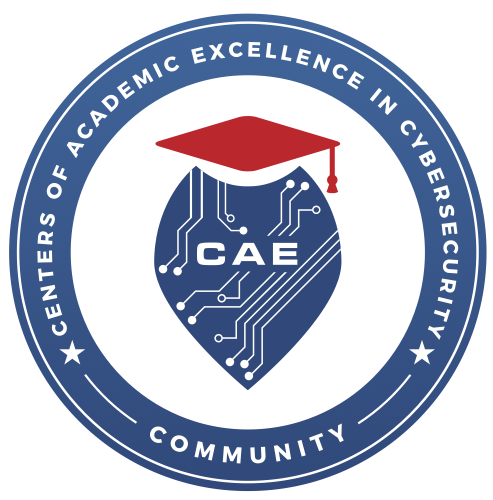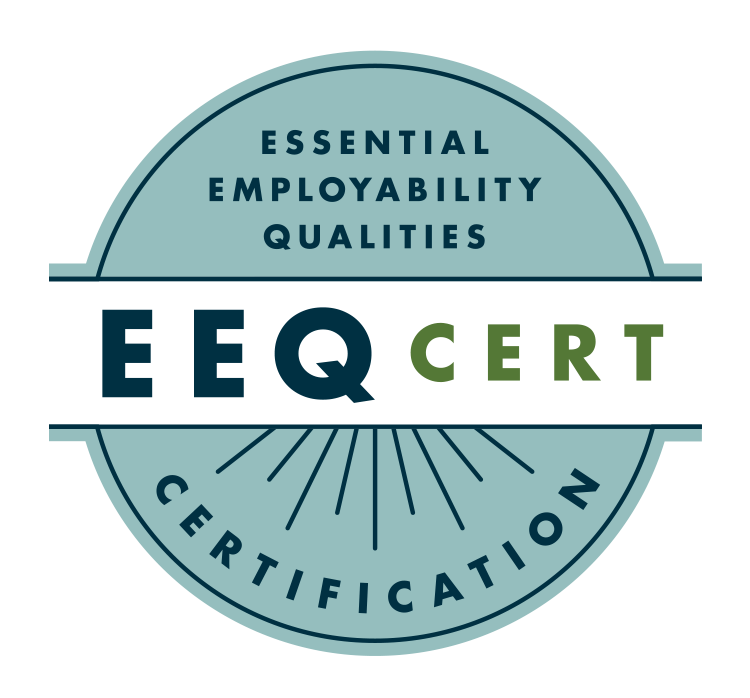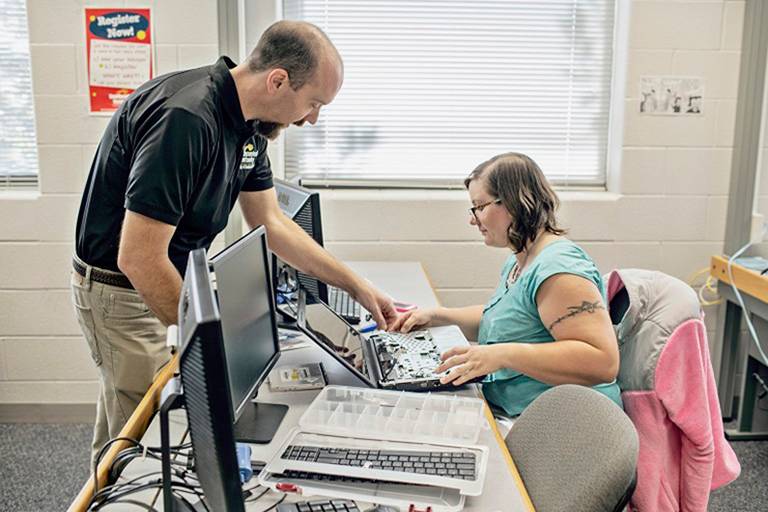Get the hands on experience you need to design, maintain and use different computing technologies.


What is Computer and Information Technologies?
Every field needs employees with computer knowledge. Computer-related jobs are among the fastest-growing in Kentucky and nationwide.
The Computer & Information Technologies program at BCTC combines lecture & hands-on activities so you learn the theory of computing and put that theory into practice.
You'll start off with a well-rounded curriculum to get exposure to various aspects of the field.
Our curriculum introduces:
- Information systems
- Computer applications
- Program development
- System maintenance
- Networking
- Security
- Internet technologies
- Database design
- Collaborative system development
Then, as you get further along into your studies, you'll be able to specialize in one area. Check out our Specialty Tracks below.
Whether you have computer experience or are looking to refresh your computer skills, you need to be in CIT at BCTC.

Every field needs employees with computer knowledge. Computer-related jobs are among the fastest growing in Kentucky and nationwide.
Our CIT graduates work as:
- Programmers
- Computer operators
- Help desk/software support
- Video game designers
- Networking technicians
- Database/computer analyst
They work for Amazon, Xerox, the University of Kentucky, and many other businesses.
Getting Started
Special Exams for Credit
Please read the following information carefully before registering.
The CIT department offers students with advanced computer skills the opportunity to take examinations that will allow them to earn credit for some CIT courses. These Special Examinations for Credit (SEC) are held once per semester.
- The next round of Special Examinations for Credit will be held on Thursday, January 8, 2026.
- Registration opens roughly a month before each test date at the link below.
- Deadline to register for the Special Examinations for Credit will be 3:00 p.m. on the day prior to the test.
- Any registration received after the deadline will not be honored.
- Students can take each special exam ONLY once during their academic career and ONLY if they have not received a grade (including a W) for that course.
- Next test dates:
- May 14, 2026
- August 13, 2026
Available Exams
- CIT 105 - Introduction to Computing: $20.00
- CIT 111 - Computer Hardware and Software: $40.00
- The CIT 111 exam has both a written and a hands-on portion. Students must pass both parts to receive credit for the class.
- The written exam will take place as scheduled above.
- Students who pass the written exam will then be given an appointment to take the hands-on component the following day.
- CIT 120 - Computational Thinking: $20.00
- CIT 130 - Productivity Software: $20.00
What are my degree, diploma, and certificate options?
The catalog describes the course requirements for completing the credential. Students are required to schedule an appointment with their assigned academic advisor to ensure achievement of their academic goals.
- A+ Prep Certificate
- Application Support Technician Certificate
- AWS Cloud Architecting Certificate
- CISCO Networking Certificate
- CISCO Networking Enhanced Certificate
- CIT Fundamentals Certificate
- Computer Tech Basic Certificate
- Computer Technician Certificate
- Informatics Advanced Certificate
- Informatics Generalist Certificate
- Informatics Programming Certificate
- Information Security Specialist Certificate
- Microsoft Enterprise Administrator Certificate
- Microsoft Network Administrator Certificate
- Mobile Apps Development Certificate
- Net+ Prep Certificate
- Network Technologies Specialist Certificate
- Productivity Software Specialist Certificate
- Programmer Certificate
- Security+ Prep Certificate
- Video Game Designer Certificate
- Web Programmer Certificate
- Web Server Administrator Certificate
How Do I Pay For This?
Science to Success Program
What Else Do I Need to Know?
Awards

BCTC's AAS degree in Computer & Information Technologies has been designated as a Center of Academic Excellence in Cyber Defense by the National Security Agency (NSA) and the Department of Homeland Security (DHS). Click here for BCTC's Cyber Center.
Essential Employability Qualities Certification (EEQ CERT) is granted by The Quality Assurance Commons for Postsecondary Education after a rigorous process of external and independent review.
Student Activities
The CIT Computer Club and Bluegrass Women in Technology are two student groups that meet outside of the classroom, and BCTC faculty, staff, and students are active in outreach activities that spread awareness and enjoyment of technology year-round.
Specialty Tracks
In addition to core courses, students take specialty courses for their selected track.
See a CIT advisor for more information about core classes and available tracks.
The Business Software and Support Track emphasizes several aspects of application software. It includes such productivity applications as: word processing, spreadsheets, database management, presentation, geographic information systems, website development/maintenance, and help desk tracking systems. Completion of this track will prepare students to work with computer-based systems in business and industry.
- Business Software Specialist - Designed to train students to operate a wide variety of software packages and to assist businesses in developing and maintain databases, producing financial statements, and developing applications using various software packages
- Computer Applications Support - Provides an in-depth knowledge of application software, computer system configurations, Help Desk Tools/Software, end-user documentation, user training, and other user support skills.
- Software Support - Provides an in-depth knowledge of application software, computer system configurations, and data driven websites.
Programming Track prepares students to design, develop, and maintain computer programs written in current and emerging programming languages. With tracks in Information Systems and Software Development, students successfully completing this track are prepared for entry-level positions in computer programming.
- Information Systems - This track is designed with an emphasis on programming for a business environment. Students completing the Information Systems track study basic business concepts, one programming language at an advanced level, and two programming languages at an introductory level.
- Software Development - This track emphasizes computer software development. Students completing the Software Development track study a minimum of two computer programming languages at an advanced level and additional programming language(s) at an introductory level. Flexibility within this track allows students to focus on a specific area of software development by means of the programming languages they choose to study (object-oriented programming, database programming, game development, etc.).
Length of Program
Completion of the program should take two years, assuming that you maintain full-time enrollment status.
This information should not be considered a substitute for the KCTCS Catalog. You should always choose classes in cooperation with your faculty advisor to ensure that you meet all degree requirements.

